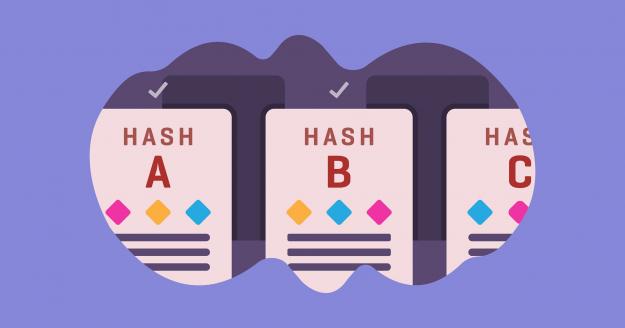Blockchain at the library: New study will explore how the technology can connect and support institutions

Blockchain — that cryptocurrency-associated, technology-turned-buzzword — could be coming to your local library.
The San Jose State University School of Information recently announced it had received a $100,000 grant from the Institute of Museum and Library Services (IMLS) to study blockchain — a distributed ledger technology that has potential uses far beyond bitcoin — for its uses in libraries, museums and other community institutions.
The project at San Jose State, which is in progress now and will conclude sometime this summer, began as one of more than 150 proposals to the IMLS and was selected as a winner of the “Community Anchor” category of grants — one of three categories IMLS has. Currently, the project is in its “exploratory phase,” according to Sue Alman, an instructor in the SJSU School of Information who is serving as co-principal investigator with Sandra Hirsh, director of the School of Information.
While Alman and Hirsh are using the grant to search for the most effective uses of blockchain in libraries, there are some use cases already in mind in the industry. The construction of enhanced metadata centers, connection to the ISP-circumventing InterPlanetary File System and broad networking capabilities are all potential benefits of blockchain, according to the School of Information’s blockchain website. Alman also says blockchain could be used for authenticating student course credentials.
Blockchain is gaining steam as a tool for educators across the pond as well. The ability to connect with other institutions of learning, whether they be libraries, universities or any public institution, is also promising to Alman and Hirsh.
“Could libraries partner with urban planning to pull together all the community services [using blockchain]?” Alman asks. “[Uses] are what we’re exploring right now.”
The research will be conducted and demonstrated through various methods. Alman and Hirsh will maintain a dedicated blog on the website, which also notes more potential use cases for information professionals curious about blockchain. A list of international events and conferences related to the technology is also available on the website, and Alman and Hirsh are looking for stakeholders and experts to participate in their own National Forum to be held in San Jose on Aug. 6. The forum will bring together 20 to 30 technology experts, urban planners and library leaders to recommend directions that stakeholders should take to maximize blockchain utility in libraries.
“We’re doing a National Forum to determine exactly what people in our profession think blockchain could do,” Alman told EdScoop. “Oftentimes, people will chase after a technology and it’s really not applicable, so we want to know what blockchain is and what can it realistically do. So, one of the goals of the project is to make recommendations for the profession.”
Alman and Hirsh also plan to host an entirely-online Library 2.0 Conference on June 7.

